Neuroscience (All Articles)

How is the Concept of Brain Plasticity Relevant to the Healthcare Field?
Brain plasticity, or neuroplasticity, enables the brain to adapt and heal, crucial for rehabilitation and therapy. Studies show that repetitive physical therapy can improve stroke recovery by 60%, and cognitive-behavioral therapy reduces depression symptoms in 70% of participants. How can understanding brain plasticity enhance treatments for neurological conditions? Read the full article to discover more about this brain superpower.
CLICK HERE!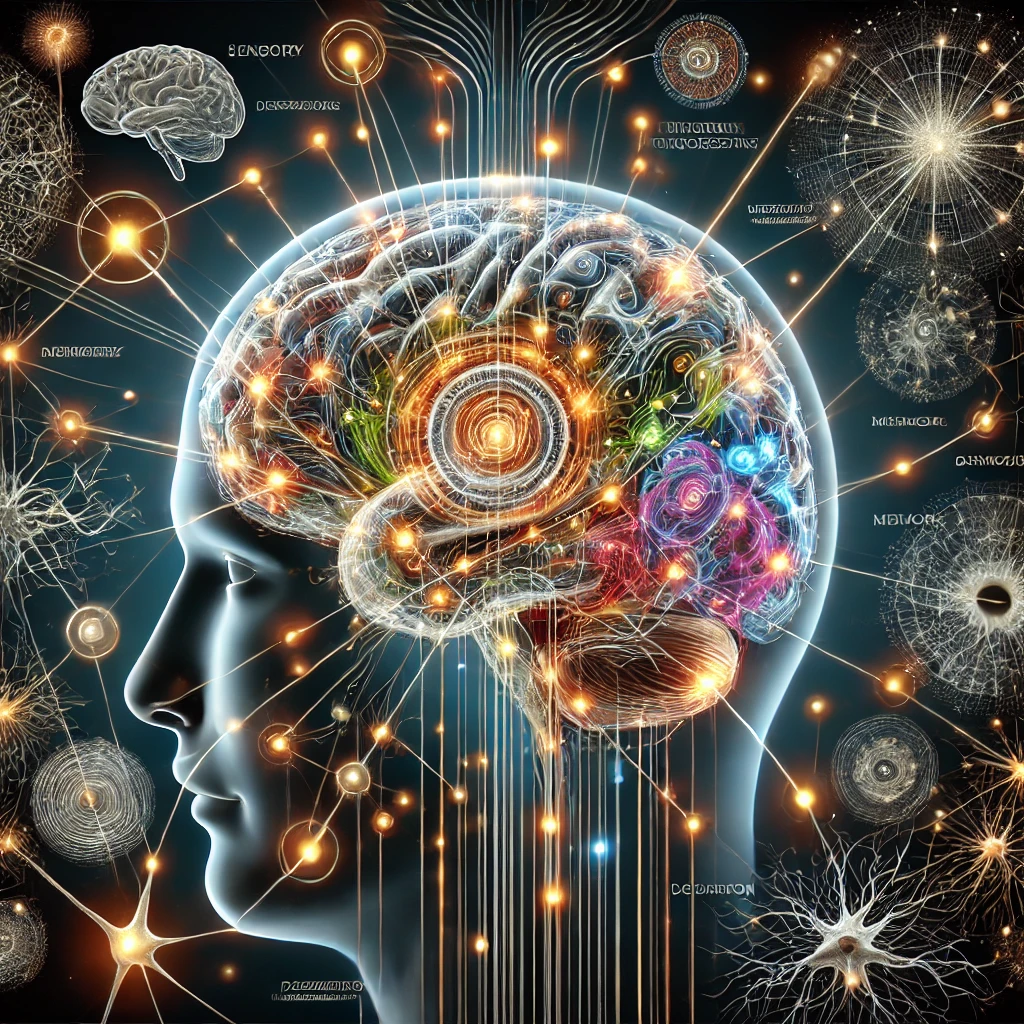
How does the brain process information?
The brain processes an astonishing 11 million bits of information per second, but only 40 bits reach our conscious awareness. Most decisions are made subconsciously, with emotions playing a major role in what we remember. Understanding these processes is key for improving learning, decision-making, and managing information overload. How can this knowledge of brain processing improve education or marketing strategies? Read the full article for more insights.
CLICK HERE!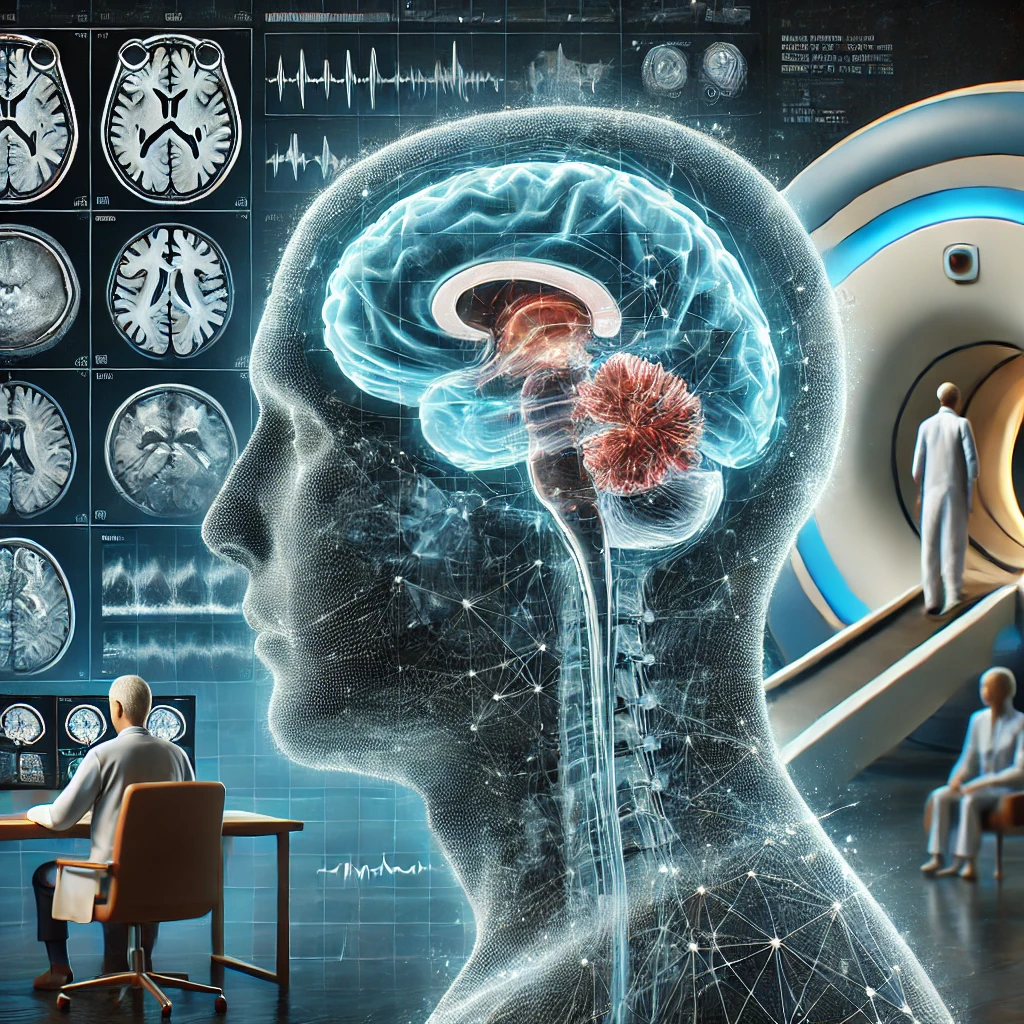
What Is Brain Scanning Used To Do?
CLICK HERE!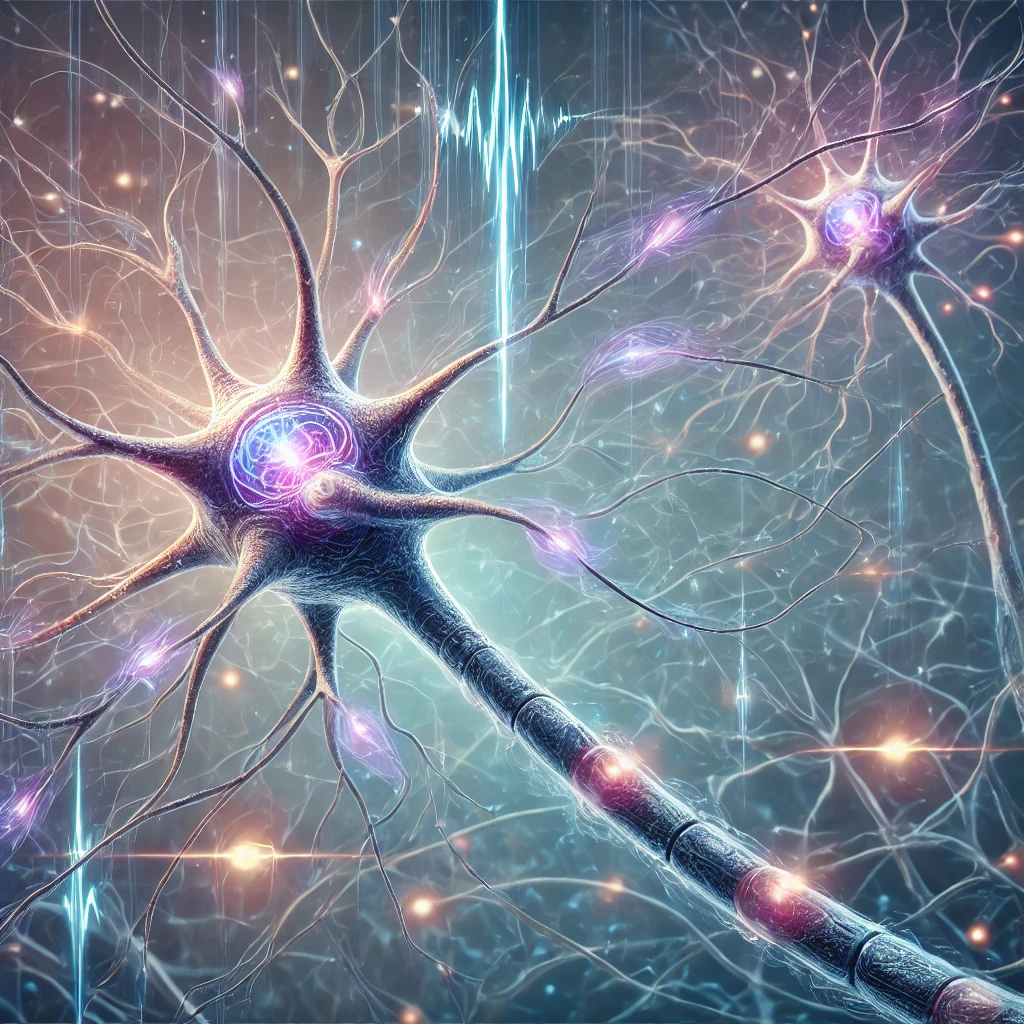
What is the Brain's Ability to Adapt?
CLICK HERE!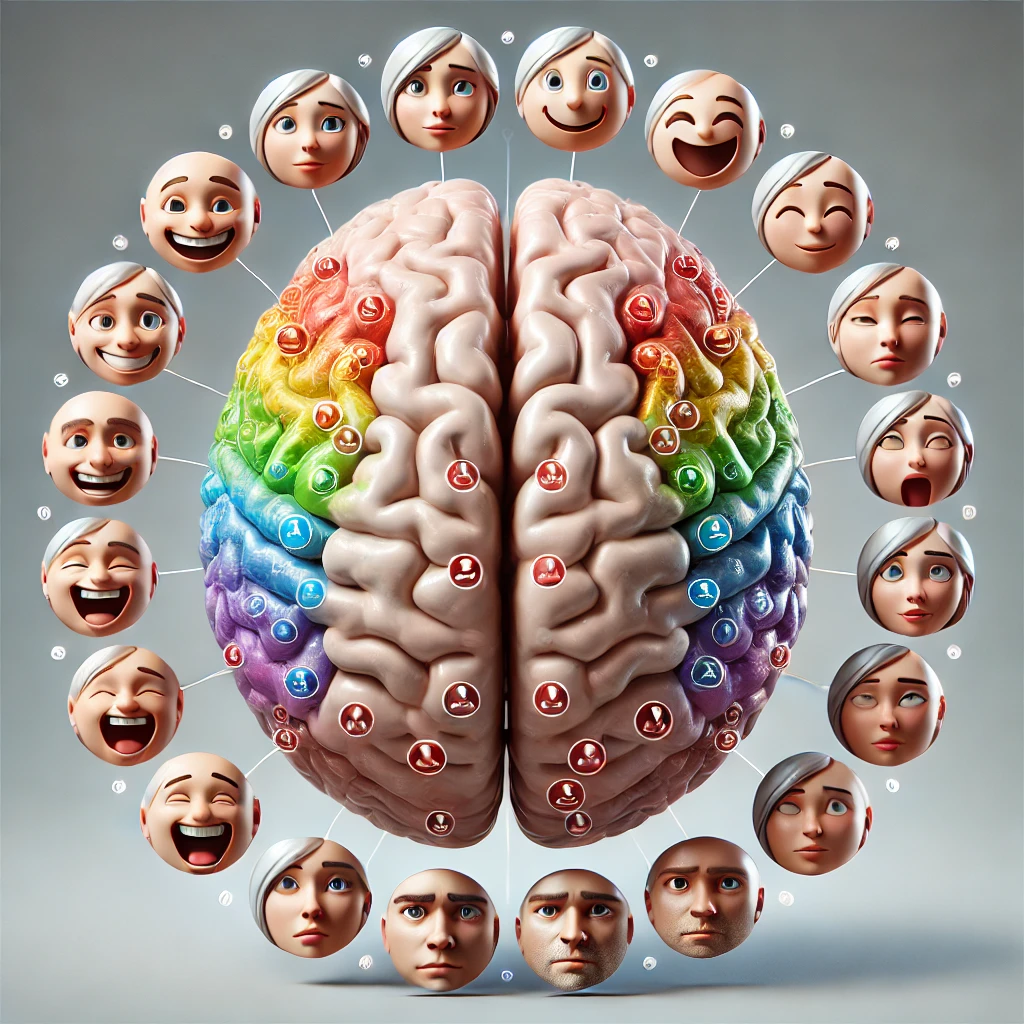
How does the brain work with emotions?
CLICK HERE!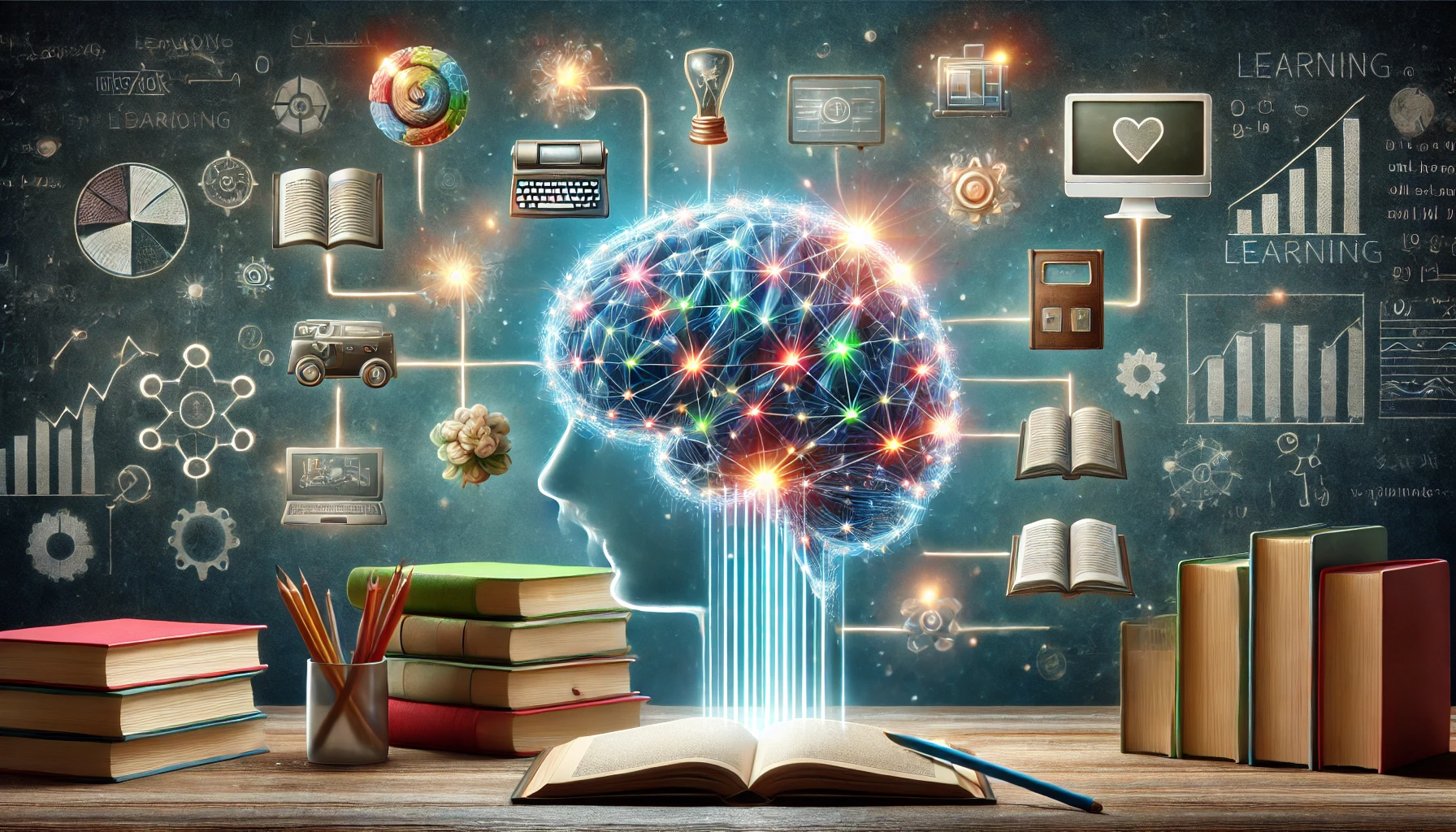
How is memory related to learning?
Memory is the backbone of learning, encoding, storing, and retrieving information to enable knowledge retention. Repetition strengthens memory, boosting retention by 60%, while emotional events are 2-3 times more memorable. However, stress can reduce recall by up to 40%. Optimizing memory through strategies like active recall, storytelling, and adequate sleep can enhance learning efficiency and support cognitive health. Learn more about how memory shapes learning here!
CLICK HERE!